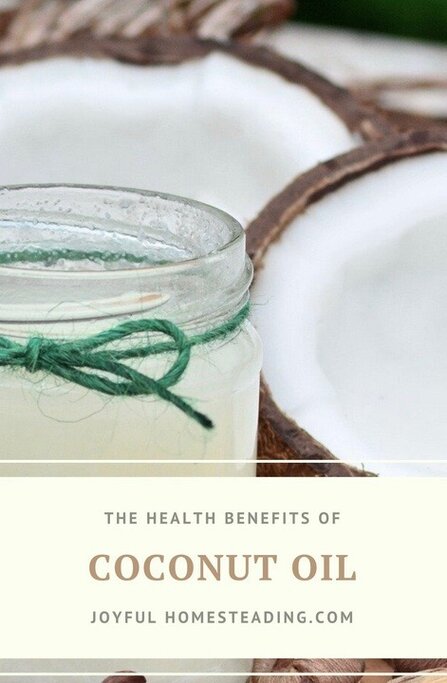Is Coconut Oil Healthy?
Is coconut oil healthy? Tropical oils such as coconut oil and palm oil have been demonized for years, but take another look; false advertising has likely kept you from one of the healthiest foods available.

Listen to the general media, and they'll tell you that coconut oil is something akin to the devil's spawn, unleashing an epidemic of heart disease into our country and killing thousands of people. But do a little research, and you learn otherwise.
Is Coconut Oil Healthy? Research Says Yes
Research
done by the Harvard University Medical School's Nutrition Coordinating
Center, showed that coconut oil actually reduces the risks of
atherosclerosis, heart disease, cancer, and other degenerative
conditions.
It also helps prevent bacterial, viral, and fungal infections. Coconut oil provides an immediate source of fuel and energy to enable the human body to metabolize fat efficiently.
Also coconut oil does not raise your cholesterol levels.
So why is coconut oil healthy?
It has to do with the length of the fatty acid chains found in coconut
oil.
Coconut oil has medium chain fatty acids which burn up quickly in the
body, raising your metabolism, promoting weight loss and providing
special health-giving properties.
The medium chain fats in coconut oils are similar to the fats in mother's milk and are just as healing.
Studies show that the lauric acid found in coconut oil destroy several types of bacteria and viruses, including influenza,
HIV, measles, herpes simplex virus-1 and the Candida yeast infection.
So Why Aren't We Eating More Coconut Oil?

As hard as it may seem to believe now, coconut oil was once a popular
choice for cooking oil for many years. Coconut oil has a long shelf
life and a melting point of 76 degrees Fahrenheit, making it suitable
for many cooking needs.
But the domestic oil industry, fearing the competition of palm and
coconut oils, launched a smear campaign known as the "Tropical grease
campaign".
Without any scientific basis for their argument, they made coconut and
palm oils sound downright deadly to consume.
The campaign worked, and under pressure, major food processors switched to domestically produced oils.
Unhealthy Hydrogenated Oils
While palm and coconut oils resist oxidation and are high stable, domestic oils are highly unstable.
To make them harder and more stable, they need to be hydrogenated.
This turns these oils into an unnatural trans form of fat, thereby increasing the risk of coronary heart disease.
Also unlike palm and coconut oil, domestic oils require harsh chemical solvents in order to be extracted.
So the next time you plan on purchasing oil for cooking and baking, invest in your health as well as your taste and purchase coconut oil.
Your heart will thank you for it.







New! Comments
Have your say about what you just read! Leave me a comment in the box below.